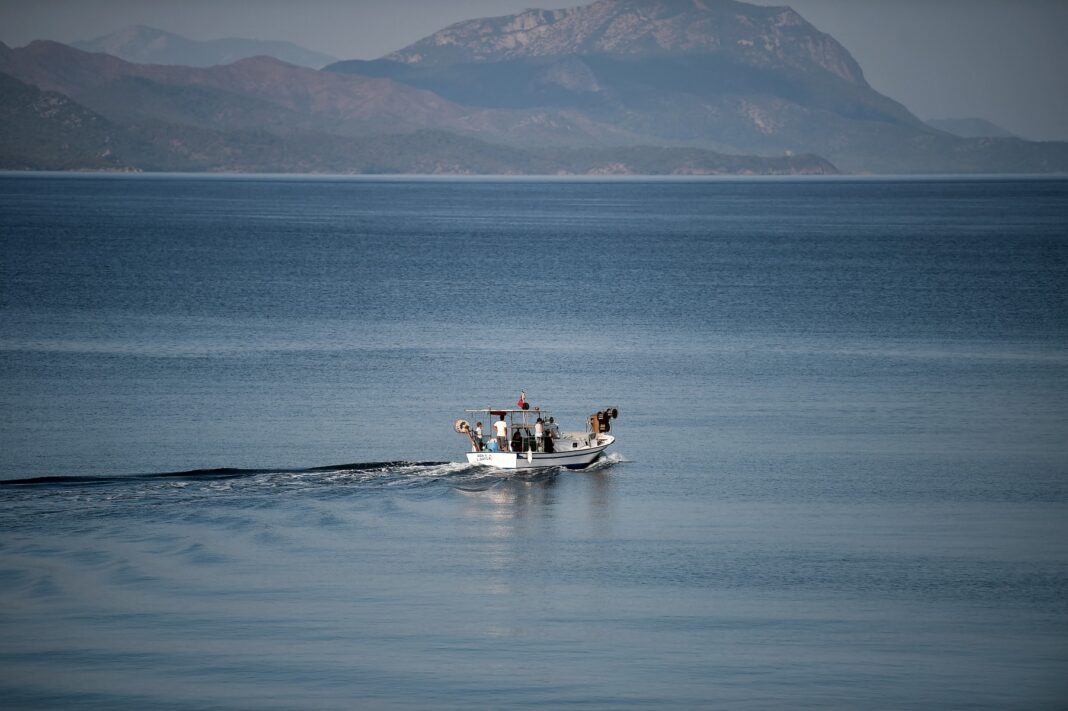Turkey is accelerating its work on protected marine areas in the Aegean Sea as it closely monitors Greece’s forthcoming announcement regarding similar zones in the Aegean and Ionian seas, expected by the end of June, the state-run Anadolu news agency reported on Tuesday.
Ankara is particularly attentive to whether Greece’s new marine parks may intersect with ongoing disputes in the Aegean. As part of broader strategic planning, Turkish authorities are also reviewing potential countermeasures to any unilateral steps by Athens. These include a review of conservation zones and environmental safeguards across all Turkish maritime zones — the Aegean, the eastern Mediterranean, the Black Sea and the Sea of Marmara.
In line with international biodiversity efforts, Turkey signed the Agreement on the Conservation and Sustainable Use of Marine Biological Diversity of Areas Beyond National Jurisdiction (BBNJ) during the 79th session of the United Nations General Assembly in September 2024. Domestic ratification of the treaty is in progress.
Turkey also announced its Marine Spatial Planning framework on April 16, covering all its seas. Work continues to expand and refine the plan’s scope, with formal registration processes already initiated through the United Nations.
At the ongoing UN Ocean Conference in Nice, Turkey is represented by a delegation led by Deputy Minister of Environment, Urbanization and Climate Change Fatma Varank. The country is also expected to deliver an official address during the session.
Meanwhile, Greek Prime Minister Kyriakos Mitsotakis, speaking at the same conference, confirmed that his government would declare marine parks in the Ionian and Aegean seas before the end of the month. These zones are expected to include bans on deep-sea trawling and measures against overfishing.
However, Turkey remains wary. The Turkish Ministry of Foreign Affairs previously warned that Greece has historically leveraged environmental platforms to further its positions on the Aegean disputes. Despite a recent diplomatic thaw, Ankara views Athens’ current environmental agenda as potentially exploitative.
This ongoing dynamic reflects broader regional tensions, with environmental policy and maritime sovereignty becoming increasingly intertwined in the eastern Mediterranean.

